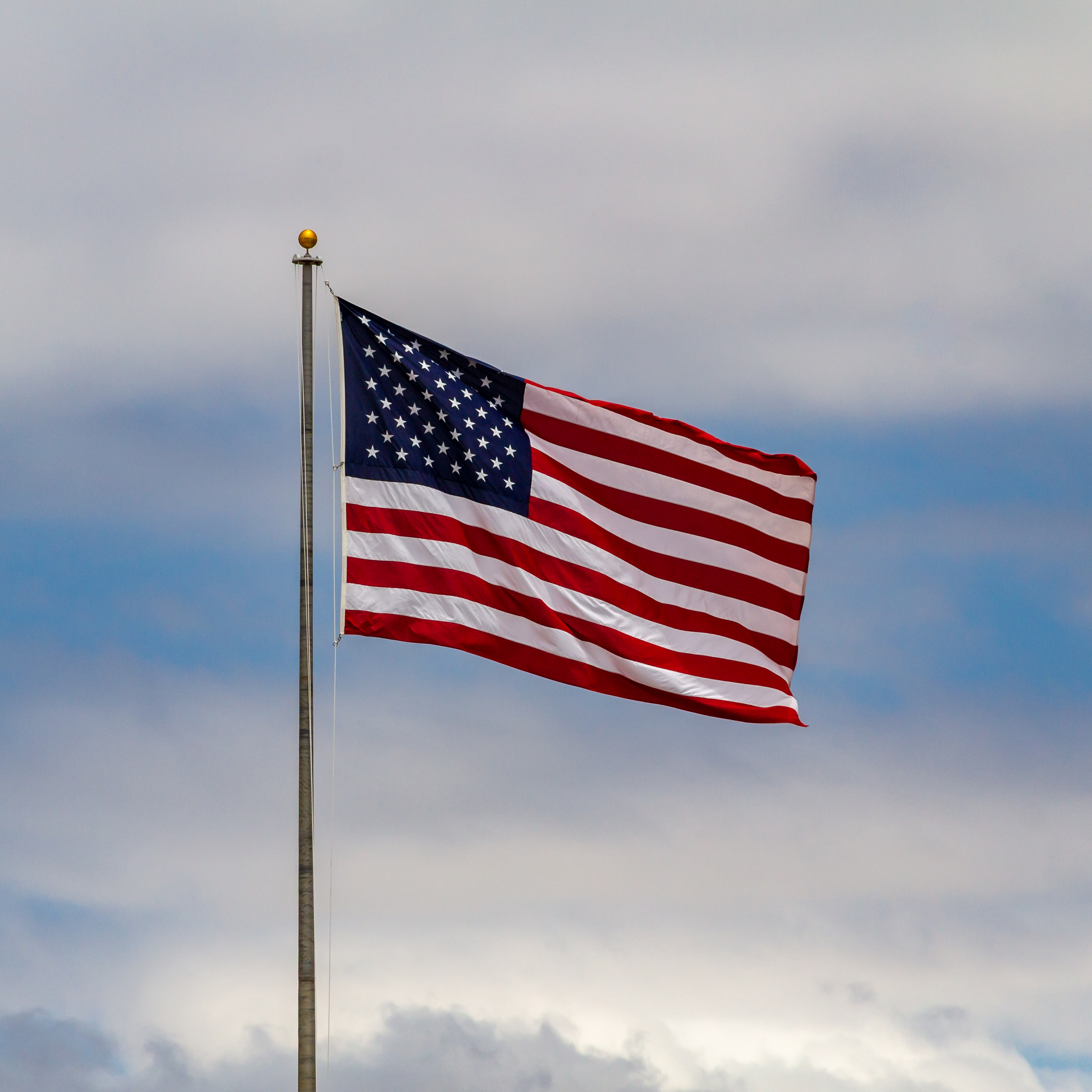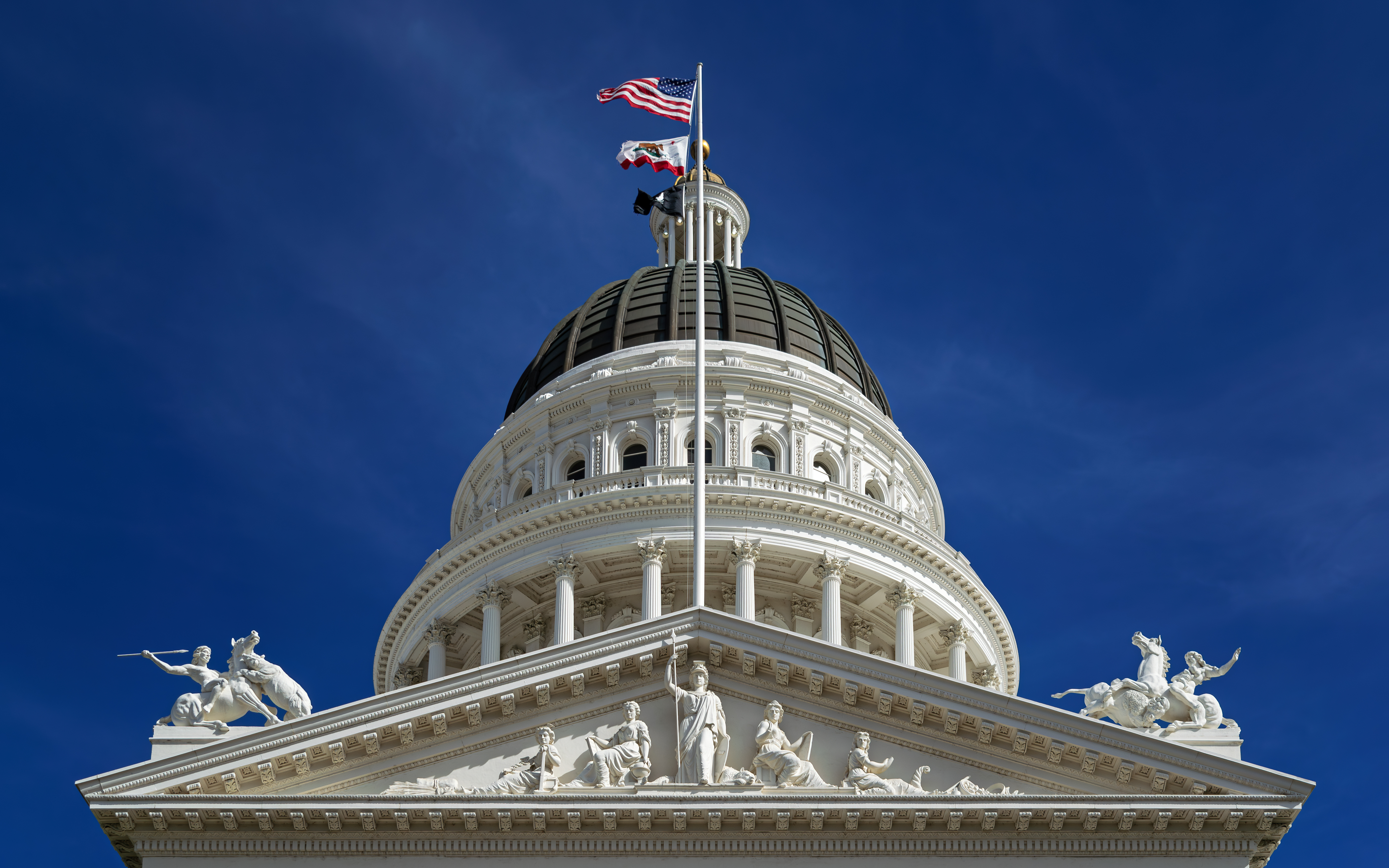When President Trump floated the possibility of importing beef from Argentina, Senator Mike Rounds didn’t hesitate for a second. The South Dakota Republican’s immediate response? Make it easier for American producers to compete, not harder for foreign competitors to enter our markets. It’s a masterclass in America First economics that should have every patriot taking notes.
“We should be making it easier for American producers,” Rounds declared, cutting straight to the heart of what economic nationalism actually means. While globalists would have rolled over and accepted foreign imports as inevitable, Rounds did what Reagan Republicans do best—he went on offense for American workers and producers.
The Senator’s response reveals something profound about how Trump’s negotiation strategy continues to reshape Republican thinking. By simply mentioning Argentina beef, Trump forced Congress to explicitly defend American agriculture with concrete policy proposals. It’s the Art of the Deal playing out in real time, using hypothetical imports as leverage to extract actual wins for domestic producers.
Rounds didn’t just offer empty rhetoric. He laid out a comprehensive framework that puts American ranchers first while respecting free market principles. His insistence on mandatory country-of-origin labeling transforms every grocery store visit into an opportunity for economic patriotism. When consumers can clearly see whether their beef comes from South Dakota or South America, guess which one they’ll choose?
The constitutional brilliance here cannot be overstated. Rather than relying on heavy-handed government intervention, Rounds advocates using interstate commerce powers to ensure transparency while letting American consumers make informed choices. It’s federalism working exactly as the Founders intended—empowering citizens with information and letting market forces reward domestic production.
Even more impressive is how Rounds connects this agricultural strategy to Trump’s proven energy independence model. “Lower energy costs have already enabled ranchers to turn their first profits in years,” the Senator noted, demonstrating how America First policies create virtuous cycles across multiple sectors. When American energy powers American agriculture, everybody wins except the globalist middlemen who’ve been skimming profits for decades.
This coordination between representatives from cattle states—South Dakota, Montana, Nebraska—shows how regional economic interests align perfectly with national sovereignty. These aren’t parochial concerns; they’re strategic imperatives. Every American ranch that stays profitable is another victory against the global supply chain vulnerabilities that left us dependent on foreign nations during recent crises.
The contrast with previous decades couldn’t be starker. Remember when Republican leaders would have immediately capitulated to “free trade” orthodoxy, accepting foreign imports as the price of global market access? Those days are over. Today’s America First Republicans understand that true economic strength comes from domestic production capacity, not theoretical comparative advantages that benefit multinational corporations at the expense of American communities.
Rounds’ producer-first framework represents the Reagan approach updated for modern realities—winning through strength rather than defensive protectionism. Instead of simply blocking imports, he’s advocating policies that make American livestock production more profitable and competitive. It’s the difference between building walls and building winners.
The implications extend far beyond beef. If mandatory country-of-origin labeling gains legislative momentum, it could revolutionize American food independence across all agricultural sectors. Imagine walking through any supermarket and knowing exactly which purchases support American farmers and which ones send your dollars overseas. That’s not just transparency—it’s democracy in action.
This exchange signals that Trump’s second-term trade strategy will be even more sophisticated than his first. By using negotiation leverage to extract domestic policy wins before any deals are struck, he’s turning every international discussion into an opportunity to strengthen American producers.
Patriots should watch closely as this framework develops. When Republican leaders automatically respond to trade discussions by proposing concrete benefits for American producers, we know the America First revolution has taken permanent root. The era of reflexive globalism is over. The age of economic nationalism has just begun.






